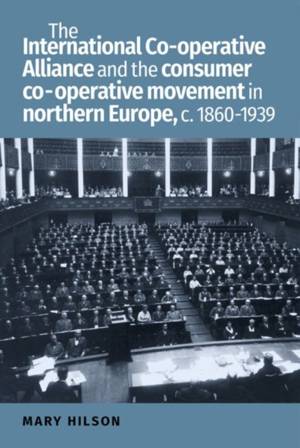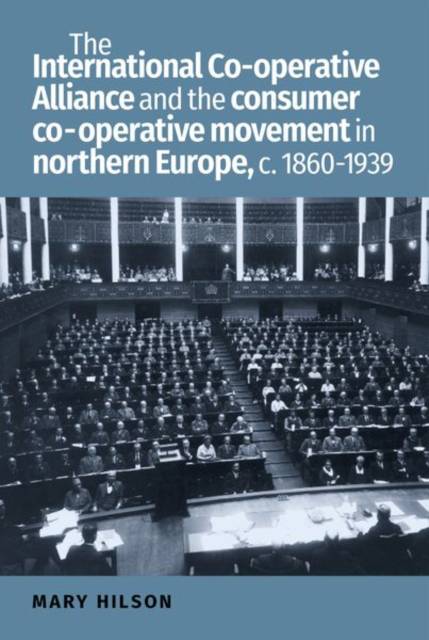
- Afhalen na 1 uur in een winkel met voorraad
- Gratis thuislevering in België vanaf € 30
- Ruim aanbod met 7 miljoen producten
- Afhalen na 1 uur in een winkel met voorraad
- Gratis thuislevering in België vanaf € 30
- Ruim aanbod met 7 miljoen producten
Zoeken
The International Co-Operative Alliance and the Consumer Co-Operative Movement in Northern Europe, C. 1860-1939
Mary Hilson
Hardcover | Engels
€ 146,45
+ 292 punten
Omschrijving
The book examines the history of co-operation in the broad context of the history of consumerism and consumption; of internationalism and the development of international organisations; and debates about international trade during the inter-war period. The fundamental question explored in the book concerns the meaning of co-operation. Was it a social movement or an economic enterprise? Did it aspire to challenge capitalism or to reform it? Did it contain at its heart a political vision for the transformation of society or was it simply a practical guide for organising a business? Hilson argues that it was both, but that an examination of the debates over the different meanings of co-operation can also illuminate broader questions about the emergence of consumer interests in the first half of the twentieth century, especially in a transnational context.
Specificaties
Betrokkenen
- Auteur(s):
- Uitgeverij:
Inhoud
- Aantal bladzijden:
- 208
- Taal:
- Engels
Eigenschappen
- Productcode (EAN):
- 9781526100801
- Verschijningsdatum:
- 10/04/2018
- Uitvoering:
- Hardcover
- Formaat:
- Genaaid
- Afmetingen:
- 163 mm x 236 mm
- Gewicht:
- 458 g

Alleen bij Standaard Boekhandel
+ 292 punten op je klantenkaart van Standaard Boekhandel
Beoordelingen
We publiceren alleen reviews die voldoen aan de voorwaarden voor reviews. Bekijk onze voorwaarden voor reviews.











